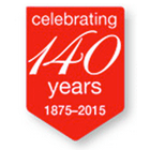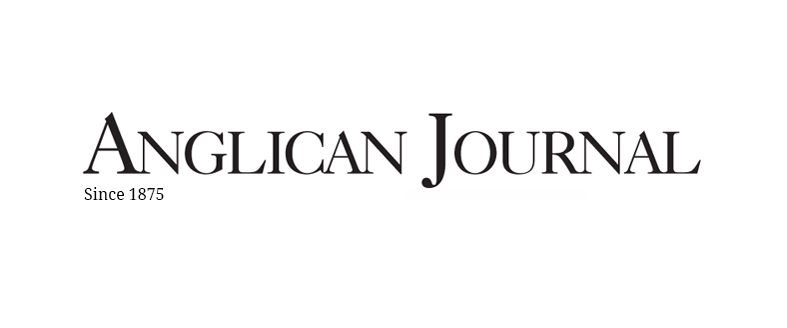 The Anglican Journal has existed since 1875. Last year the Journal celebrated 140 years of covering the news for Canadian Anglicans. Originally the church was the Church of England in the Dominion of Canada, or shortened as the Church of England in Canada and today is officially the Anglican Church of Canada (ACoC). Unlike the Episcopal News Service, the Anglican Journal (AJ) proudly maintains an editorial autonomy, in spite of being an official publication of the ACoC. The AJ is published in a print version 10 times per year in conjunction with 23 regional newspapers which provide local news to the dioceses of the ACoC. The AJ also maintains a website at anglicanjournal.com which provides daily news of interest regarding the ACoC to Canadians and the greater worldwide community.
The Anglican Journal has existed since 1875. Last year the Journal celebrated 140 years of covering the news for Canadian Anglicans. Originally the church was the Church of England in the Dominion of Canada, or shortened as the Church of England in Canada and today is officially the Anglican Church of Canada (ACoC). Unlike the Episcopal News Service, the Anglican Journal (AJ) proudly maintains an editorial autonomy, in spite of being an official publication of the ACoC. The AJ is published in a print version 10 times per year in conjunction with 23 regional newspapers which provide local news to the dioceses of the ACoC. The AJ also maintains a website at anglicanjournal.com which provides daily news of interest regarding the ACoC to Canadians and the greater worldwide community.
The Council of General Synod (CoGS) is the Canadian church’s equivalent to the Executive Council of the Episcopal Church. Whereas, the General Synod of the ACoC is the final authority of that church, it meets every three years, and the CoGS is the constitutional governing body responsible for the business of the General Synod in the years between the sessions of the Synod. In years past, the AJ has been given access to the documents provided online to the members of the CoGS prior to it meetings. This month the Secretary of General Synod, Archdeacon Michael Thompson, took the decision not to provide the documents to the AJ.
The Archdeacon said that the communications director of the General Synod, Meghan Kilty, has made him aware that the General Synod did not have a policy in place regarding sharing what she has termed private documents with the press. On advice of the chancellor to the General Synod, Canon (lay) David Jones, the Archdeacon refrained from providing the documents to the AJ. He said that the fact the documents were provided in the past, in spite of no authorized policy being in place, was likely a mistake.
Anglican Journal editor, Marites N. Sison, states that the Archdeacon’s decision to not provide the documents will make it difficult for the AJ to carry out its role of providing news of the CoGS to the church.
Access to these documents is important if we are to provide accurate, complete, balanced and timely reporting. Part of the Journal’s role is to help Canadian Anglicans get a better sense of their church’s policies and decisions, and when necessary, question them. The church has always described itself as open and transparent, but this move contradicts this notion.
Marites N Sison
To support her stance, Ms Sison points to a document drafted by the communications and information resources committee of General Synod and later given approval by General Synod in 2007. The document, Vision and Principles of Communication, laid out five principles for the church to use in communicating; being transparent, timely and accurate, participatory, mission-driven and respectful of others.
However, Archdeacon Thompson is of the opinion that his decision is not a violation of the principles laid out in 2007. Because the AJ is an independent media source, he questions that in the past it has been given access to documents that the ACoC might not freely provide to other independent media. He points out that the AJ has a unique and complex relationship with General Synod because of its independent editorial license, which also means it is not the official voice of the ACoC.
Archdeacon Thompson relates that he senses that there needs to be a conversation between the officers of General Synod and the AJ to iron out a policy in the near future. He states that the documents that will be distributed to members of General Synod prior to the session of General Synod to be held in July, has been deemed by Chancellor Jones to be public documents and will be freely available to all media sources.
This story and the images come from an article published on the Anglican Journal website.

